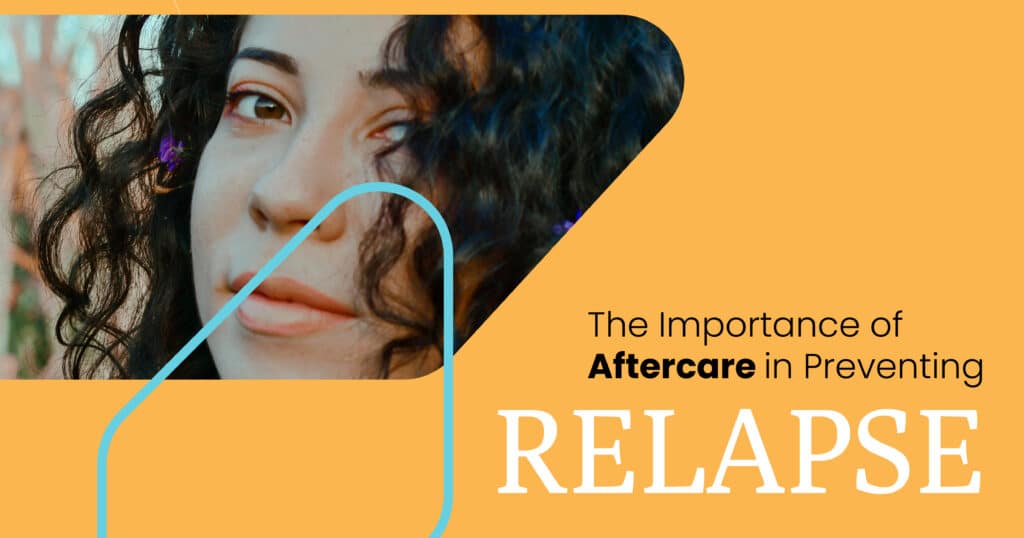The transition from treatment to everyday life is often deemed the most challenging phase in the journey of overcoming addiction. While completing a rehabilitation program marks a significant accomplishment, it’s vital to recognize that sustained recovery requires ongoing support and dedication. This is where aftercare steps in, serving as a crucial component in preventing relapse and fostering long-term sobriety. Let’s delve into the importance of aftercare and how it significantly contributes to maintaining a fulfilling, substance-free life.
Understanding Aftercare: A Lifeline Beyond Treatment
Aftercare is defined as the continued support and services provided to individuals after completing a formal treatment program for addiction. This phase acknowledges that recovery is a one-time event and a lifelong journey that requires constant effort and vigilance. Here’s why aftercare holds immense importance in preventing relapse:
Sustained Accountability and Support
- Structured Follow-up Programs: Aftercare programs offer structured support, including regular check-ins, counseling sessions, and group therapy meetings, to help individuals stay accountable and motivated in their recovery journey.
- Peer Support Networks: Engaging with others who understand the challenges of addiction can provide invaluable support and encouragement. Peer support groups such as Alcoholics Anonymous (AA) or Narcotics Anonymous (NA) offer a sense of belonging and understanding, reducing the risk of isolation and relapse.
Continued Education and Skill Building
- Relapse Prevention Strategies: Aftercare programs equip individuals with essential coping skills and relapse prevention strategies tailored to their needs and triggers. These skills empower individuals to navigate challenging situations and cravings effectively, reducing the likelihood of relapse.
- Healthy Lifestyle Practices: Education on maintaining a healthy lifestyle, including proper nutrition, regular exercise, and stress management techniques, helps individuals build a strong foundation for recovery and overall well-being.
Addressing Co-occurring Disorders and Underlying Issues
- Dual Diagnosis Treatment: Individuals struggling with addiction also experience co-occurring cognitive health disorders such as depression, anxiety, or trauma. Aftercare programs often provide access to integrated treatment services, ensuring that underlying issues are addressed comprehensively and reducing relapse risk.
- Therapeutic Interventions: Ongoing therapy and counseling sessions help individuals discover and address the root causes of their addiction, empowering them to develop healthier coping mechanisms and emotional resilience.
Personalized Relapse Prevention Plans
- Tailored Approach: Aftercare plans are personalized to meet each individual’s specific needs and circumstances, taking into account factors such as past relapse triggers, social support systems, and recovery goals.
- Continued Monitoring and Adjustment: Regular assessment and monitoring allow aftercare providers to track progress, identify potential relapse warning signs, and make necessary adjustments to the treatment plan to ensure continued success in recovery.
In Conclusion
In conclusion, aftercare plays an important role in preventing relapse and sustaining recovery beyond the confines of formal treatment. Aftercare programs empower individuals to navigate recovery challenges with confidence and resilience by providing ongoing support, education, and personalized interventions. Embracing aftercare as an integral part of the recovery journey can significantly enhance the likelihood of long-term sobriety and overall well-being.









